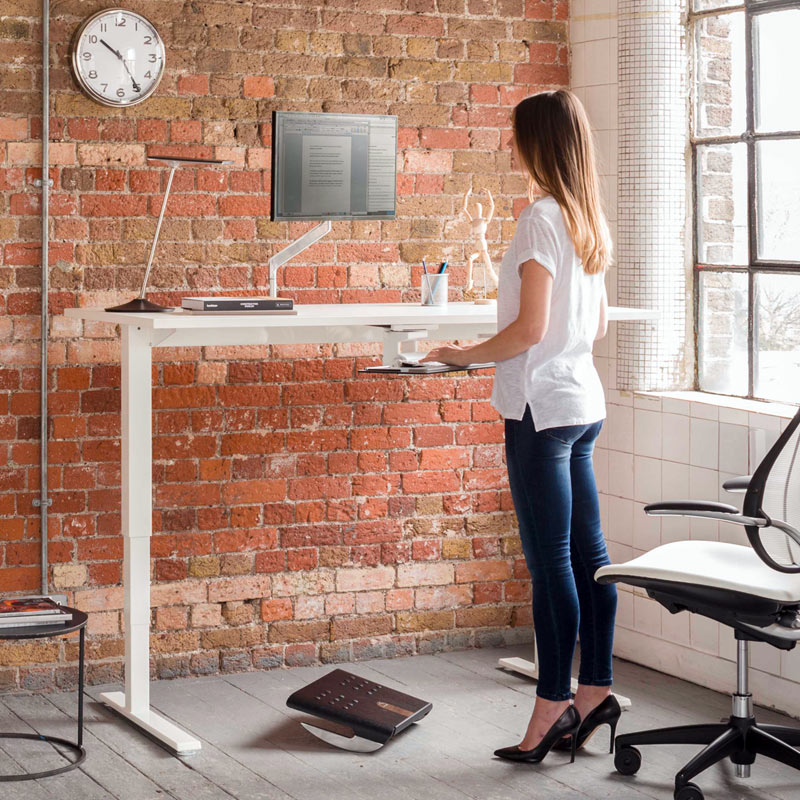Wellness is a term that today transcends the consumer and business worlds, but it is so much more than a buzzword. Today, the wellbeing of employees is essential for organisations to flourish, so much so that the term has in many ways replaced ‘productivity’ as the way to measure the success of an organisation. Both the beauty and workplace design sectors are very personal areas of high emotional involvement. There is a very real and physical contact with these products — in beauty, women are particularly (and increasingly men too) engaged in developing a customised routine because it gives them a sense of happiness, wellbeing and identity.
The same can be said of our choices at work: from our career, to the company that we invest our time with, to the style of workspace we prefer to work in. Now more than ever, we are realizing that our physical workspace impacts our wellbeing, and the type of work tools we are surrounding ourselves with all play a role.
Why now?
There are a number of factors that have pushed wellbeing up the corporate agenda, in part a reaction to the 24/7 always ‘connected’ lifestyle that have seen our consumer and work lives converge to a high degree. However, I believe there is another key reason. It is the realisation that what an employee wants and values in their personal life — wellness, health, sustainability — is the same experience they value at work. As a result, people are aligning themselves with brands and experiences that connect to their personal value systems and beliefs.
This is particularly prevalent amongst Millennials who will often want to understand what an employer stands for before they even get to talking about salaries. Seventy-five percent of Millennials believe that businesses are focused on their own agendas and not on helping to improve society, according to a study by Deloitte.
Deloitte’s researchers refer to this as an “impact gap” — when businesses are not doing enough to improve the world and make a positive impact. According to Forbes, 64 percent of Millennials say it’s a priority for them to make the world a better place.

